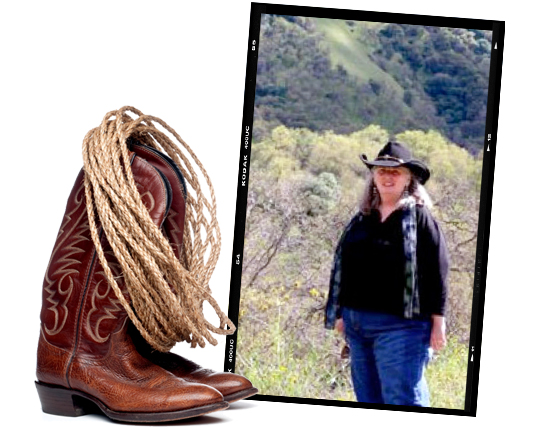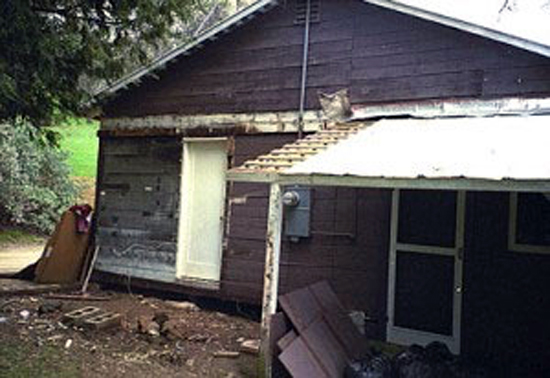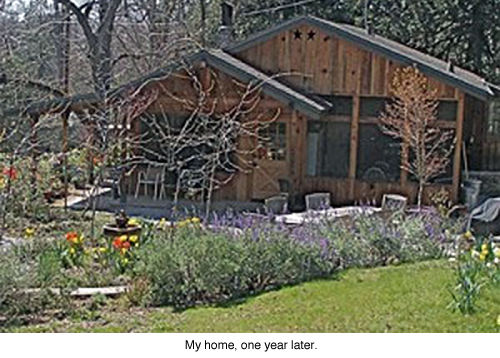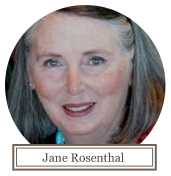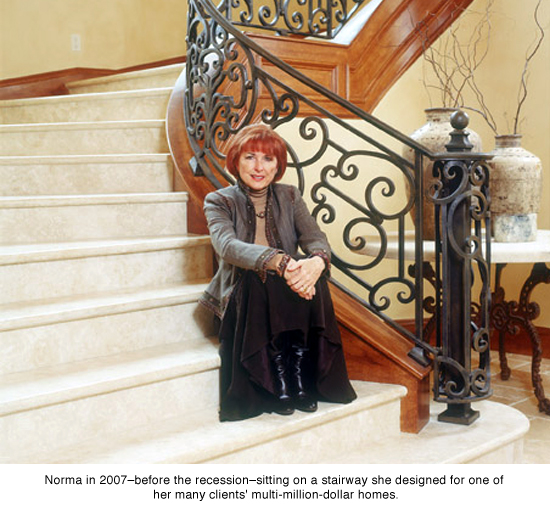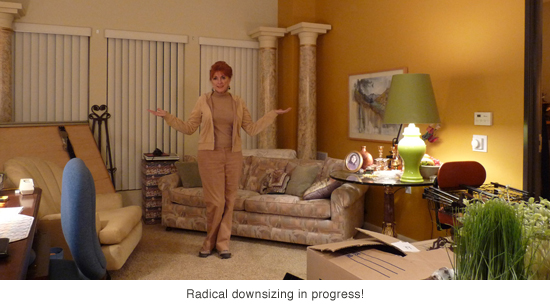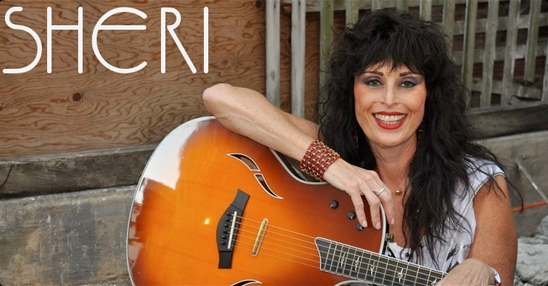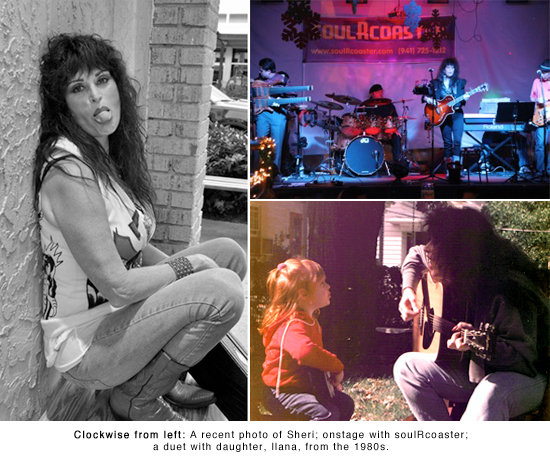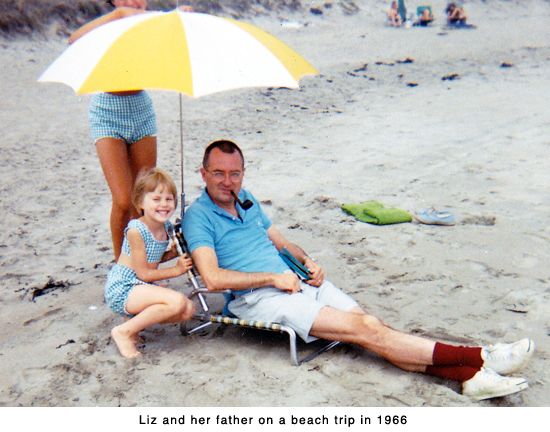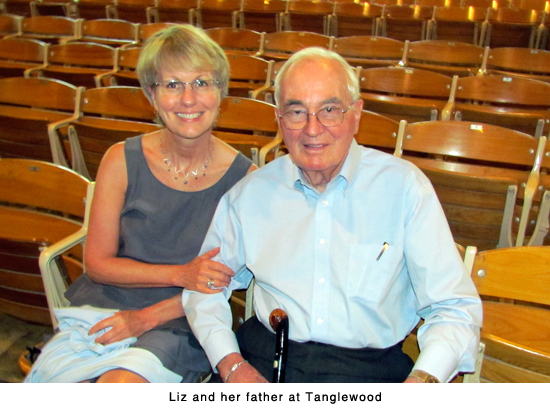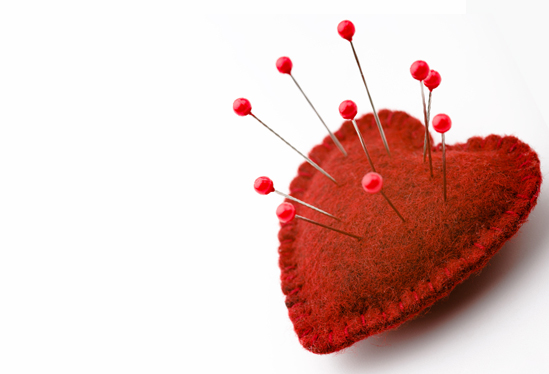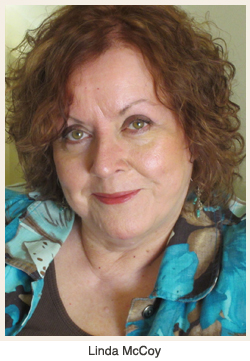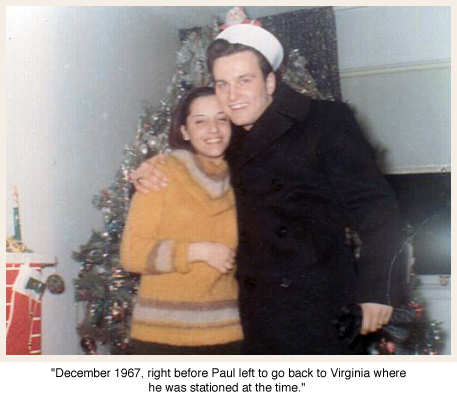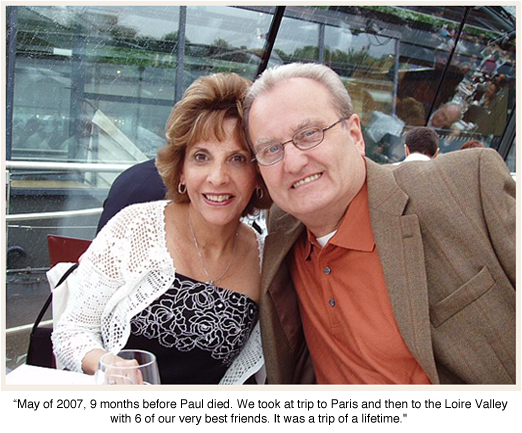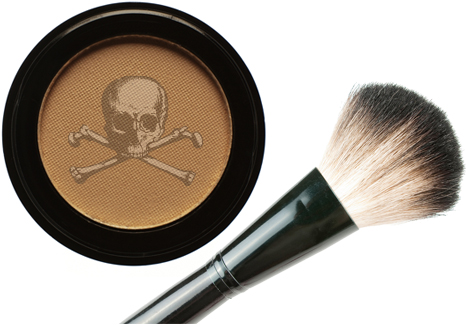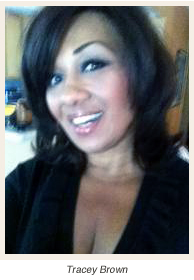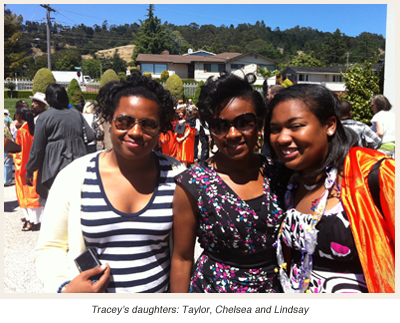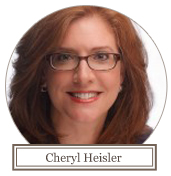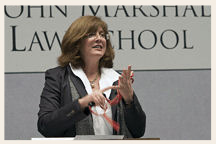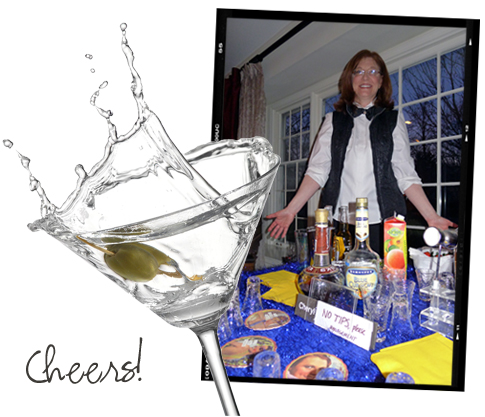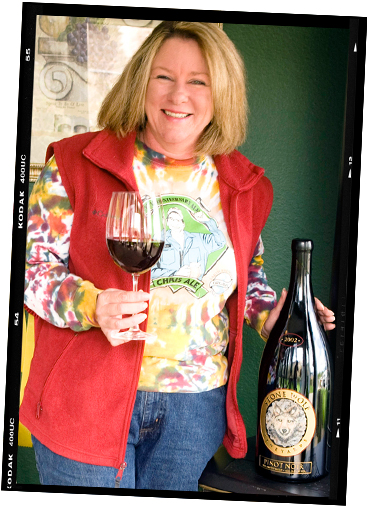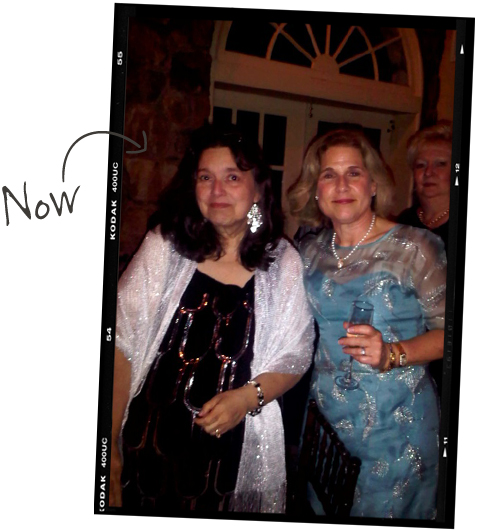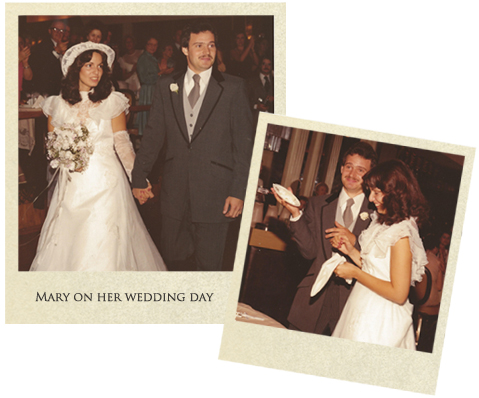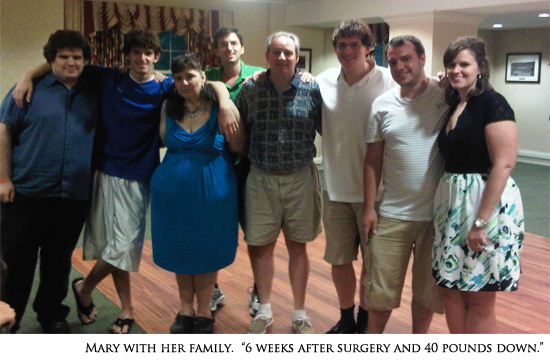{My Story} From City Slicker to Cowgirl
How one FOF went from being an English teacher in Berkeley, California, to being a cowgirl in the Sierra Mountains–in four steps.
[Editor’s note: The essay below, by FOF Jane Rosenthal, is part of a series of personal blogs from our readers. Have your own story to tell? Email your idea to ge**@**********ty.com.]
Step One: Git ‘er Done!
Here’s a definition of a “cowgirl” I pulled from the Cowgirl Hall of Fame in Fort Worth, Texas: “A cowgirl gets up early, decides what she wants to do and does it.”
All my adult life I’d wanted to do two things–live in the country and write novels. Not that there was anything wrong with my life as it was. My husband is an internationally-known scientist; we had a lovely home in Berkeley, California; and I had a challenging job in one of the top public schools in the state.
Yet, there was that nagging sense that I was living someone else’s idea of success and not my own.
So, on my fifty-fifth birthday, with my husband’s blessing, I found myself in a funky, double-wide trailer that passes for a real estate office out here in the wilds, plunking down big bucks for a fifty-acre ranch in the Sierra mountains.
My husband and I took a huge gulp and sold the house in Berkeley. For many people it was a classic dream home, and they thought we were crazy. You know what? It’s now someone else’s dream. I have a new one.
Ladies, I just did it. Simple as that. I didn’t let ‘not having a clue’ stop me.
Step Two: Sure, you’re scared. So what?
Here’s another bit of the cowgirl creed: A cowgirl might be scared, but she saddles up anyway.
Was I scared? You bet. I’d just bought a run-down foreman’s cabin that looked like this:
The only builder around was the guy who owned the horse ranch next to mine, and I had one year to turn this place into something livable.
Like this…
If you have something you want to do, now is the time to saddle up and ride.
Step Three: Give me land, lots of land, and the starry sky above. Don’t fence me in!
About that novel…
Right before I moved up here, I’d signed with an agent to represent me. They later rescinded, because, they said, there is no mass market for the my book because it is set in Mexico City.
In the city I might have moped around and felt defeated. But out here I live with cowgirls who deliver foals in the snow, hack heads off of rattlesnakes, and pour concrete for the foundation of a house while they’re in labor (true story, I swear). Compared to what they do, I asked myself, “How hard would it be to self-publish?”
So I did–and now, you can read my novel, Palace of the Blue Butterfly, on my blog.
Unless it’s the Ten Commandments, girls, don’t let the rules fence you in.
Step Four: Get in touch with your inner Dale Evans
“Cowgirl is an attitude, really,” said Dale Evans, the Queen of the West. “A pioneer spirit, a special American brand of courage. The cowgirl faces life head on, lives by her own lights and makes no excuses. Cowgirls take stands. They speak up. They defend the things they hold dear. A cowgirl might be a rancher, or a barrel racer, or a bull rider, or an actress. But she’s just as likely to be a checker at the local Winn Dixie, a full-time mother, a banker, an attorney, or an astronaut.”
These days, I’m still writing every day, and working on a novel set up here in ranch country. Yes, I have ranch and garden chores. When it snows, the cows need hay. There are always fences to mend and fallen trees to saw into firewood. We heat the house with wood all winter. I also have a big vegetable garden that I will be planting soon. I can and freeze the vegetables and fruit in the summer. In the fall, I plant tons of bulbs. Right now I’m reaping the rewards. I have five hundred tulips blooming and thousands of daffodils in the fields around the house.
Hey, FOFs, we’re all cowgirls, aren’t we?
—————————————————————————————————
.
Jane Rosenthal is an award winning poet, radio journalist, romantic suspense author and educator. Fluent in Spanish, she covered politics and arts in Mexico for Public Radio’s bilingual program California en Revista and went on to teach English and Creative Writing in mostly Spanish- speaking, inner city high schools in Oakland, California. She blogs about her life at allaboutjanesranch.com.


